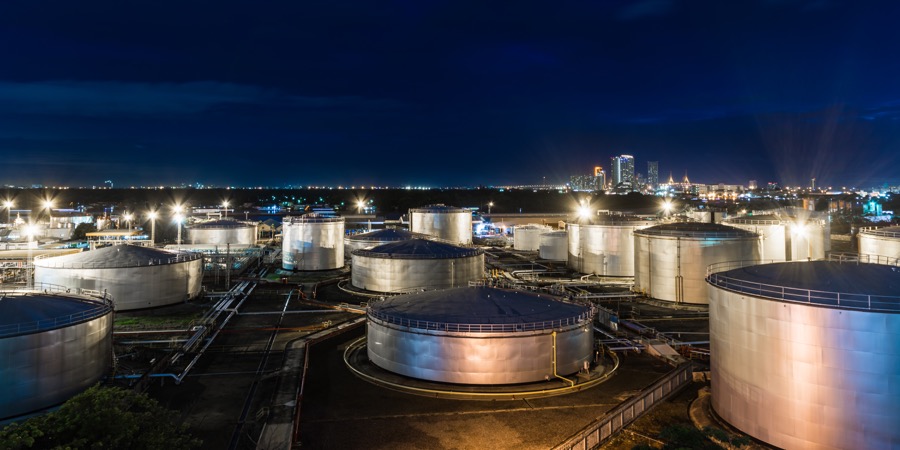Stephen O’Rourke, Director of Wood Mackenzie’s Global Gas Team, said: “WoodMac anticipates that global gas demand will grow at an average rate of 1.6% over the next 20 years. But as companies and governments are pivoting to a net-zero emissions world, gas demand growth could be at risk.
“In a 2°C world, gas would be more resilient than other hydrocarbons, but lower gas demand and prices will put suppliers under pressure. But the investment needed by companies to make a return in such an environment differs markedly by type of gas and region.”
He added that in a 2°C world there is consensus that the mature markets of Europe and North America will see the largest declines in gas demand growth, as renewable penetration is well under way, reliance on coal is already diminishing, and new low-zero carbon technologies, including heat pumps, biomethane and hydrogen, are being adopted.
“But gas could retain a key role for carbon dioxide reduction and air quality improvements in Asian markets. Coal still dominates in Asia, accounting for around 50% of the energy mix. In contrast, gas use – at 11% region-wide – is less than half that in Europe and the U.S.”
He added: “Only the most competitive new projects will win market share. Low-cost developments in Russia and Qatar would be competitive even in a high carbon price environment. But new U.S. LNG projects might also be required to meet demand. The cost of U.S. LNG, plus additional carbon costs, could remain the marginal source of supply and set the global price.”
For more information visit www.woodmac.com











